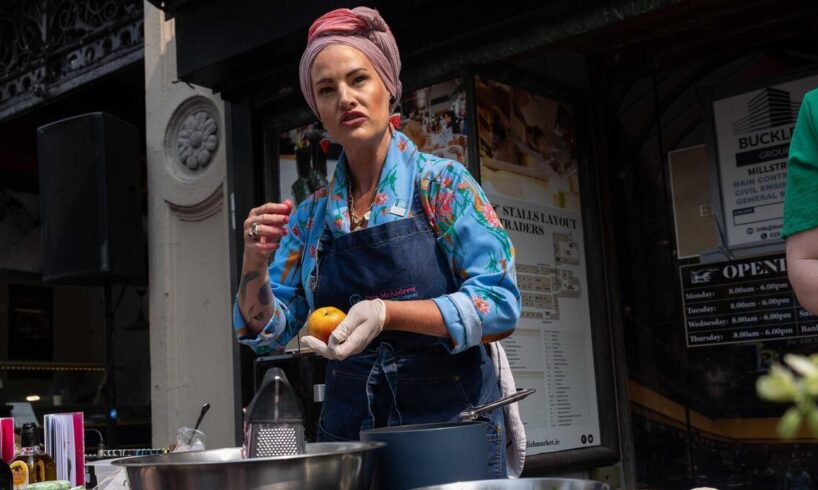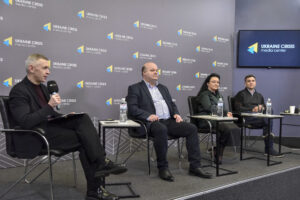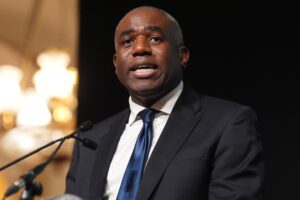
I have always been full of energy. Talking fast, laughing loud, rushing headlong into the next idea before the last one was finished. From the outside, it looked like confidence. Inside, though, there was a quieter story. A sense that everyone else was somehow more capable, more entitled, more deserving of success than me.
It was never envy. I have always been the first to champion others, to cheer their wins, to celebrate their brilliance. But deep down, without ever really naming it, I believed their place at the table was earned while mine would always be provisional. I carried this unspoken belief that I had brilliance in me, but I never quite trusted myself to prove it.
Something shifted when I stumbled into a career that matched my energy. In kitchens and at events, my chaos suddenly had value. My restless drive, my ability to improvise, my refusal to colour inside the lines. The very traits I had once felt were too much became the reason I thrived. For the first time, I was not trying to keep up with anyone else. I was moving in my own rhythm, and it worked.
And then came the diagnosis: ADHD. Not a shock, not a hammer blow, but a kind of quiet revelation. A frame placed around the picture of my life. The noise, the sleepless nights, the tornado energy, the self-doubt. They were not proof of laziness or weakness. They were wiring. It did not change who I was, but it changed how I saw myself. And that shift is everything.
Still, we live in a time when ADHD is constantly questioned.
Almost every week, there is another piece about “overdiagnosis,” another suggestion that people are rushing to label themselves, that it has become fashionable to claim ADHD as an excuse. For those of us who live with it, these narratives can cut deeply.
We have already spent years battling self-doubt, decades apologising for being too much, carrying the heavy silence of not belonging. To then hear that we are exaggerating, that our reality is invalid, only sharpens those wounds. It feeds the very feelings of rejection that define so much of our experience.
Orla McAndrew: “What needs to change is not people like me. It is the way the world sees us.”
The truth is this: ADHD is both underdiagnosed and misunderstood. In Cork and Kerry alone, there are more than 600 adults waiting for an assessment. In South Dublin and Wicklow, the ADAPT adult ADHD service has become so overwhelmed that new referrals have been paused, and people are facing waits of up to four years just to be seen. Because the public lists are so long, many turn to private clinics, where assessments cost between €1,200 and €2,000. That puts the key out of reach for anyone who cannot afford it.
Women, in particular, fall through the cracks. Research shows that girls between 8 and 12 are about four times less likely to be diagnosed than boys. Instead, we mask our struggles, we compensate, and we carry the weight of self-doubt for years until the cracks grow too wide to hide.
This is why the conversation about ADHD matters. Because behind every statistic is someone like me, living half a life, never giving themselves permission to step into their own brilliance. And this is what I want to say: a busy brain is not only a burden. It can also be a gift.
Once I stopped seeing my restlessness as a flaw, I began to recognise its beauty. The way my mind fizzes with ideas. The way I can throw myself fully into a project and bring it to life. The way I see connections that others might miss. ADHD makes life harder, yes, but it also makes it richer.
What needs to change is not people like me. It is the way the world sees us. We need accessible assessments and affordable treatment. We need workplaces and schools that make space for different kinds of brilliance. And we need to stop reducing ADHD to either a punchline or a superpower, and instead accept it as another way of being human.
Being diagnosed did not fix me. I was not broken. What it did was hand me back to myself. It gave me the courage to stop apologising, to expect more, and to step fully into the brilliance I had always suspected was there.
That is the beauty of a busy brain. When we are finally allowed to embrace it, instead of fighting against it, it becomes not just a struggle but a strength. And if there is one thing I know for sure, it is that everyone deserves the chance to be seen in the fullness of who they are.





